Coupled Machine Learning and Computational Modeling for Enhancing Engineering Education: An RC Car-Based Framework
Please login to view abstract download link
Recent advancements in artificial intelligence (AI) and computational thinking are transforming engineering education. This study explores how entry-level engineering students can integrate machine learning techniques and optimization strategies within a hands-on RC car-based project, linking fundamental engineering principles with modern computational methodologies, without requiring advanced numerical analysis such as finite element analysis (FEA) or computational fluid dynamics (CFD). This study aims to introduce a beginner-friendly interdisciplinary framework that blends mechanical design, computational thinking, and AI analysis. Students design, build and assemble an Arduino-powered RC car equipped with sensors to collect real-time motion, power usage, and acceleration data. Simple regression models and classification methods are used to evaluate performance data and gradually improve the car's setup. Students also practice computational thinking skills, such as breaking problems into smaller parts and making decisions based on data. A comparative analysis between the previous semester, which did not incorporate AI-driven methodologies, and the current implementation demonstrated significant improvements in student performance. Students in the AI-integrated course showed greater proficiency in analyzing experimental data and were better able to connect theoretical problems to real-world physical applications. This helped bridge the common gap between solving problems on paper and understanding their real-world implications. In conclusion, this study presents an evaluation of student learning outcomes, demonstrating how computational tools enhance comprehension of fundamental engineering principles while promoting problem-solving and critical thinking skills. By embedding AI and computational methodologies in an introductory engineering curriculum, this approach provides a stepping stone for students to engage with more advanced computational techniques in their future studies.

